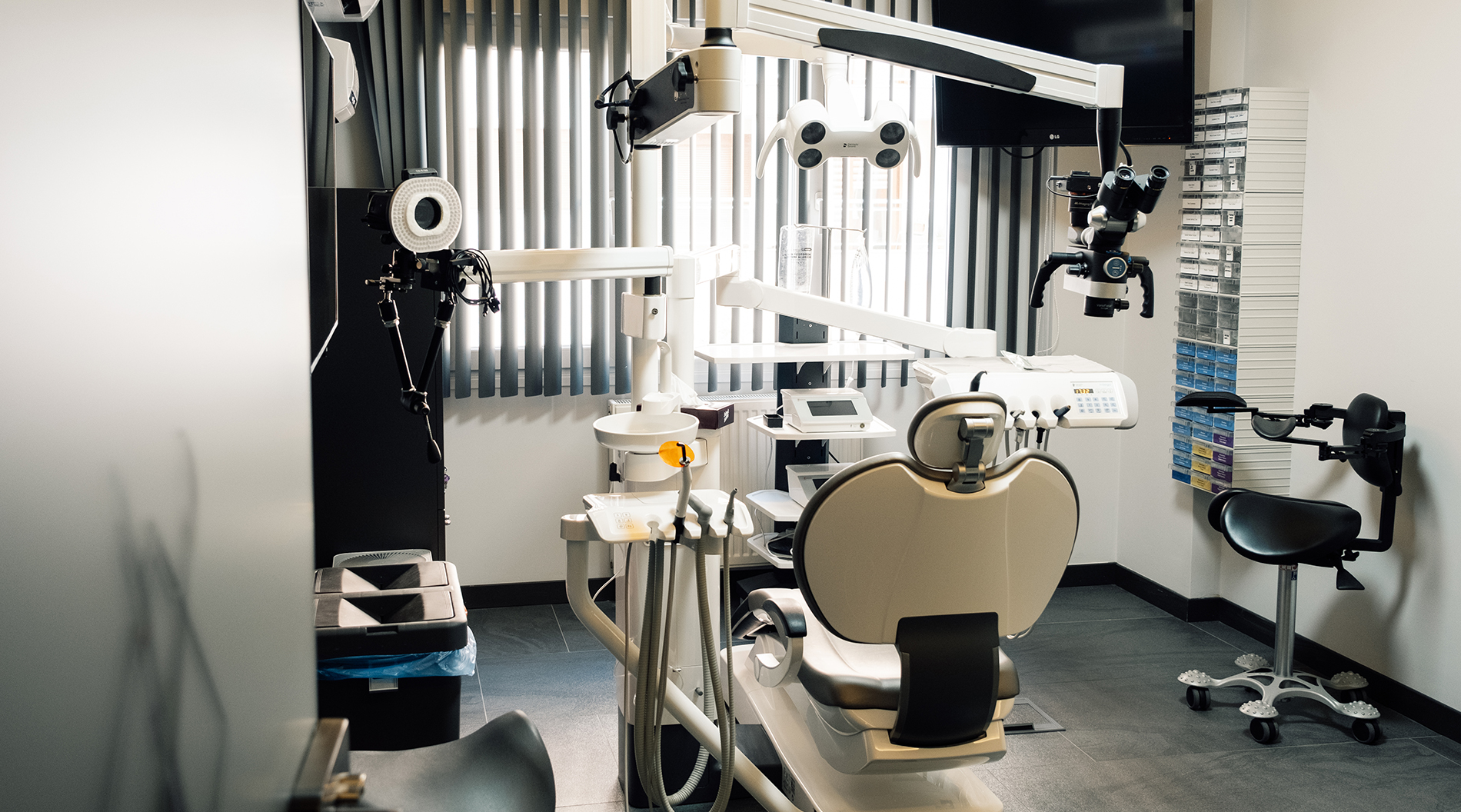
Dentistry is a field where each individual’s oral and dental health needs are different. Special conditions refer to conditions that require special attention due to specific health problems, anatomical structures or individual needs, often outside of standard treatment methods. These conditions play a critical role in helping dentists determine the most appropriate treatment methods for their patients.
Causes of Special Conditions
Special conditions may arise due to the following factors:
Anatomical Differences: Every individual has a different mouth structure. Some individuals may have unusual teeth alignment, jaw structure or gum structure. Such anatomical differences can affect treatment planning.
Genetic Factors: Some dental and jaw disorders may develop due to genetic factors. For example, the size, shape or alignment of teeth can be inherited from family members.
Systemic Diseases: Systemic diseases such as diabetes, osteoporosis or cardiovascular disease can affect dental treatment. In these cases, the treatment process should be planned taking into account the general health status of the patient.
Dental History: Previous dental treatments can affect the patient’s current condition. In particular, previous interventions such as dental implants, bridges or orthodontic treatments play an important role in determining new treatment methods.
Age Factor: The dental treatment needs of special groups such as children, the elderly and pregnant women may differ from the general population. These groups may require specialized care and treatment.
Treatment Methods for Special Conditions
Special situations may require various approaches for dentists to determine the most appropriate treatment methods for their patients. These treatment methods vary depending on the patient’s needs and specific condition:
Individualized Treatment Plans: Since each individual’s oral structure and health status is different, treatment plans should be tailored to the individual. The dentist evaluates the patient’s condition and determines the most effective treatment method.
Use of Advanced Technology: Dentists can utilize advanced technologies for special cases. For example, digital imaging systems, 3D printers and computer-aided design (CAD/CAM) technologies can make the treatment process more efficient.
Multidisciplinary Approaches: In some cases, dentists can utilize different specialties. For example, orthodontists, periodontologists and oral surgeons can work together to manage the patient’s treatment process.
Medication Therapy: Appropriate drug treatments can be applied especially for patients with systemic diseases. Products such as antibiotics, painkillers or special toothpastes can provide support in the treatment process.
Special Anesthesia and Sedation Methods: Special cases may require different anesthesia methods depending on the patient’s level of anxiety. Sedation applications can make the patient feel more comfortable during dental treatment.
